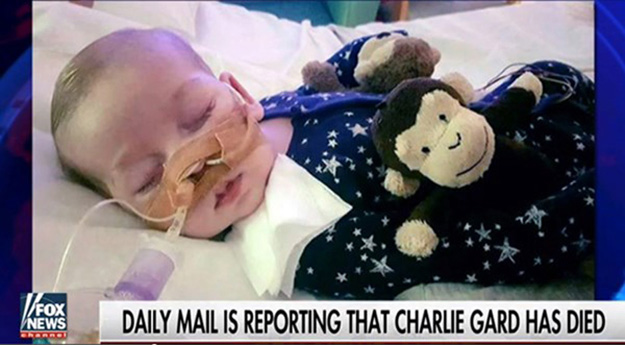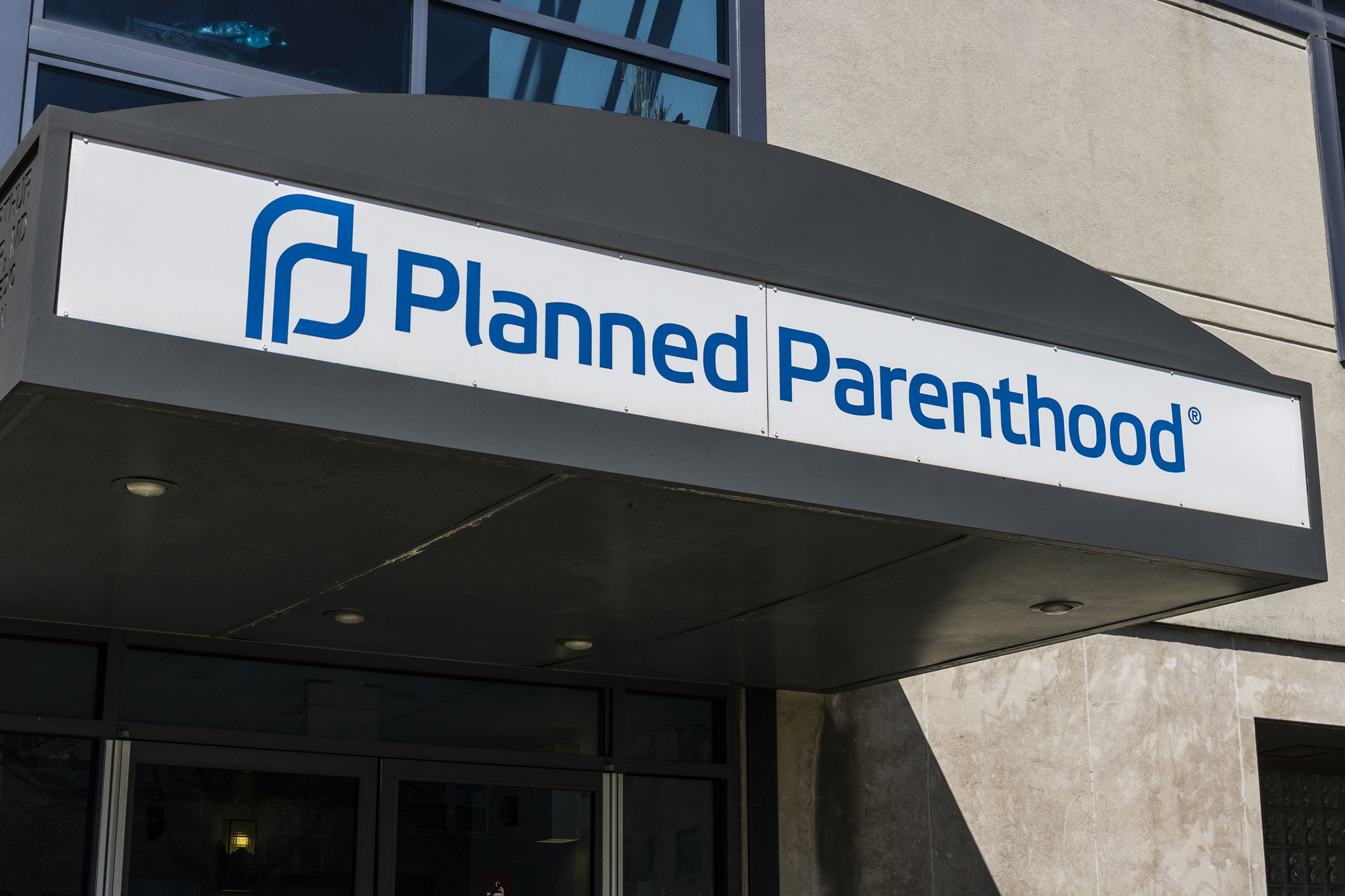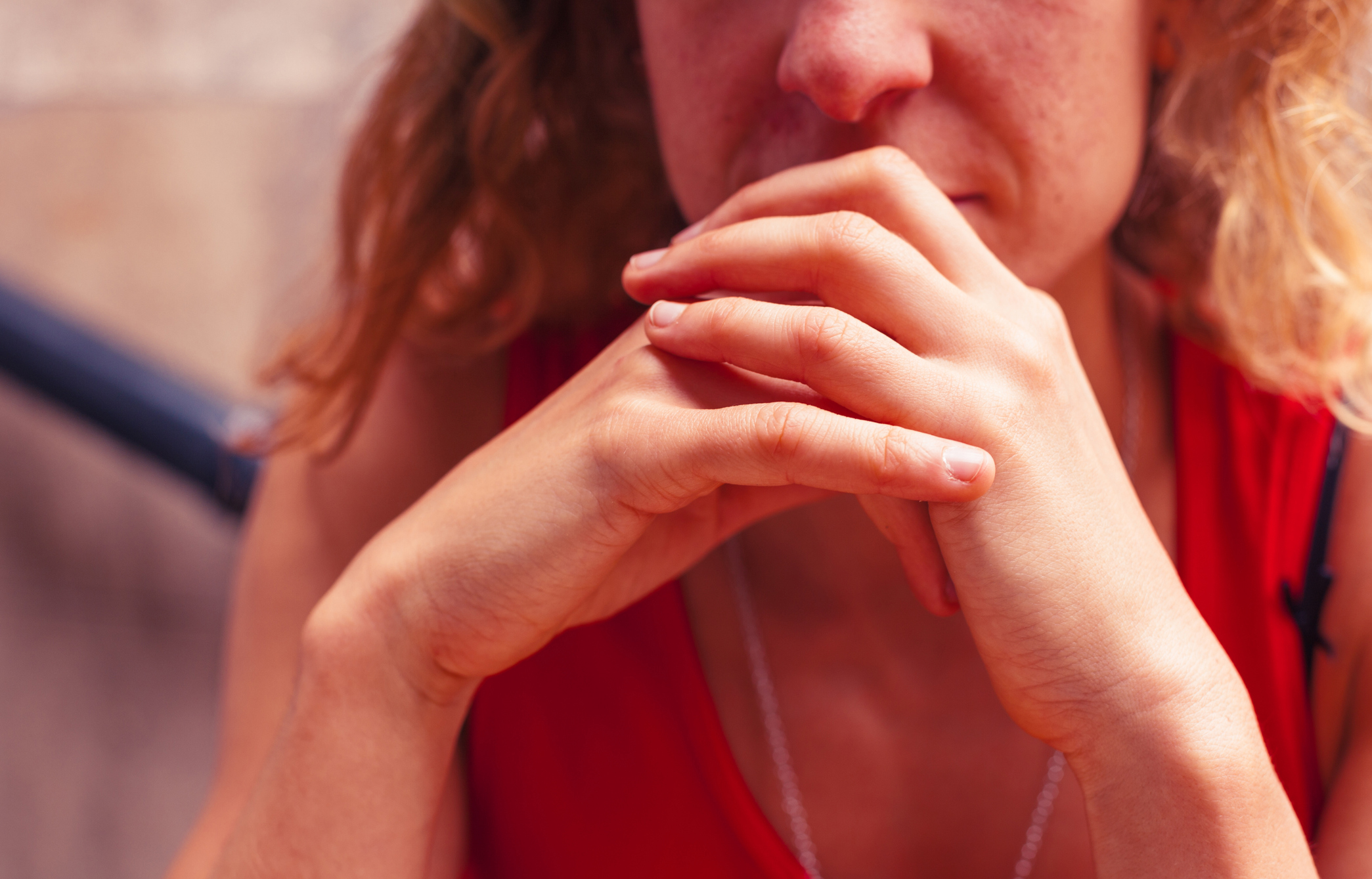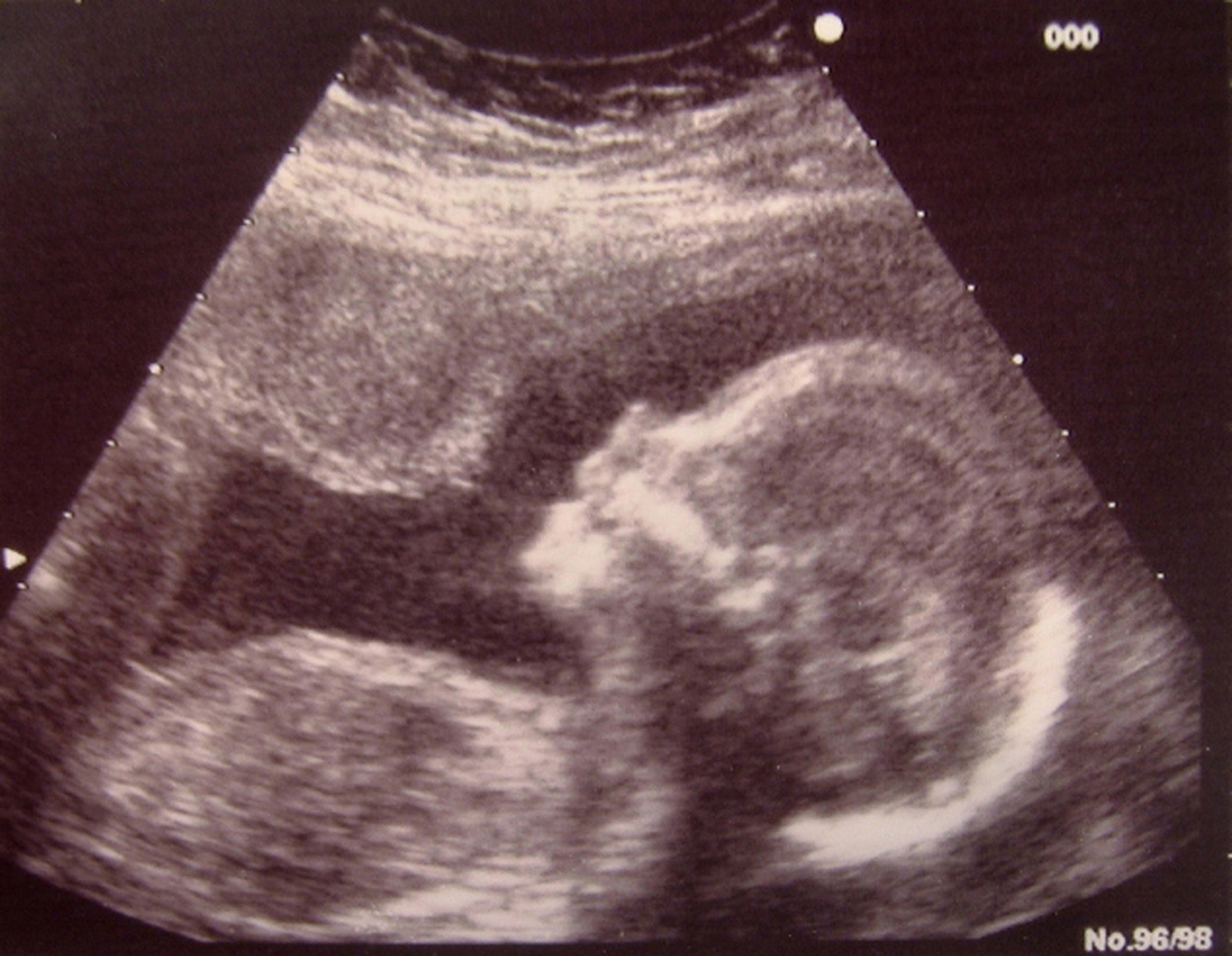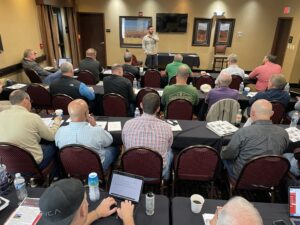
WASHINGTON (BP) — Charlie Gard’s travail and death call for grief and renewed attempts to protect children and the right of parents to help them, Southern Baptist ethicists say.
The infant at the center of a debate that gained global attention died July 28 in London after months of legal battles over whether his parents or a hospital should have the authority to determine his treatment. In the end, Charlie died in hospice care a week short of his first birthday, Aug. 4, after being removed from a ventilator with a judge’s permission.
“The death of Charlie Gard ought to prompt us, as the Scripture tells us, to groan inwardly at the wreckage of a fallen world all around us,” said Russell Moore, president of the Ethics & Religious Liberty Commission (ERLC).
C. Ben Mitchell, professor of moral philosophy at Union University in Jackson, Tenn., said, “Charlie Gard’s case is a moral tragedy. Our hearts go out for Charlie’s parents.”
Charlie had a rare condition known as mitochondrial DNA depletion syndrome (MDDS) that was detected several weeks after his birth. His parents — Chris Gard and Connie Yates — began raising support for an experimental treatment in the United States, an effort that eventually reached $1.7 million.
London’s Great Ormond Street Hospital, where Charlie was a patient, decided the therapy was not in his best interests, however, and asked a judge in early March for permission to remove him from life support. Three British courts ruled in support of the hospital, and the European Court of Human Rights announced June 27 it would not intervene in the case.
Moore told Baptist Press in a written statement, “We ought to redouble our efforts to protect those vulnerable children some governments believe their parents shouldn’t be allowed to even try to help.
“More than that,” he said, “we ought to offer the only message of hope in a culture of death: That Jesus Christ is himself the resurrection and the life.”
Mitchell said, “In most cases parents are in the best position to determine the best interests of their child. We should affirm and protect that right. There are rare exceptions, but those exceptions should be considered on their own merits.”
Parental authority in the medical care of children is more limited in England than in the United States, Mitchell told BP in written comments. He is editor of Ethics & Medicine: An International Journal of Bioethics, which has a board based in both the United States and the United Kingdom.
“In the British context, the General Medical Council and the courts have broad powers to determine what is good for patients,” Mitchell said. “I don’t believe this will wash in the American context. In our context, next of kin still make decisions in consultation with their physicians. Rarely do the courts get involved.”
Mitchell cited some key factors in ethical patient care.
“Good communication, patient education and negotiated decisions based on accurate information will almost always result in decisions that are best for the patient,” he told BP. “Although they are not infallible, once well informed, patients and their family members are in the best position to make decisions about the way forward.”
Yates, Charlie’s mother, lamented the inability Chris Gard and she had as parents to make decisions for their son. “We’ve had no control over our son’s life and no control over our son’s death,” she said, according to The New York Times.
Gard and Yates lost a final court battle July 27, when a judge ruled Charlie would be moved from the hospital to a hospice instead of his home to die after being removed from a ventilator, according to British Broadcasting Corp. (BBC) News.
Michio Hirano, a neurologist at Columbia University Medical Center in New York, had offered to try nucleoside bypass therapy with Charlie months ago. After the case was reopened, Hirano traveled to London a week before Charlie’s death to determine if he might still be a candidate for the experimental treatment, but a MRI scan indicated it was too late, BBC News reported. As a result, Charlie’s parents ended their legal fight to gain treatment for their son July 24.
When the case gained increasing international attention in early July, President Trump and Pope Francis both offered to help the parents.
The U.S. House of Representatives passed an amendment July 18 to grant permanent residence status to Charlie and his parents, according to The Hill newspaper. The proposal would have expedited the process for them to travel to the United States for the experimental treatment.
